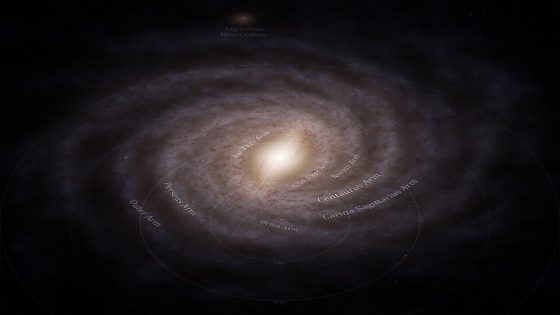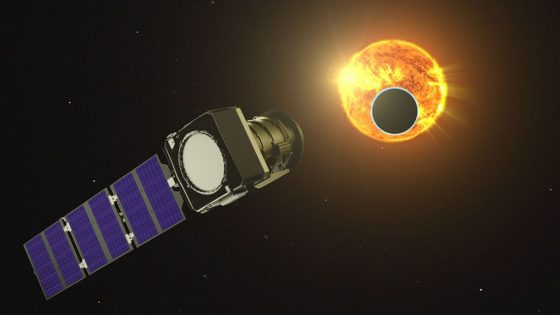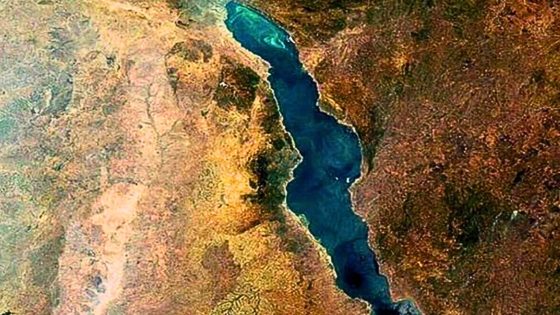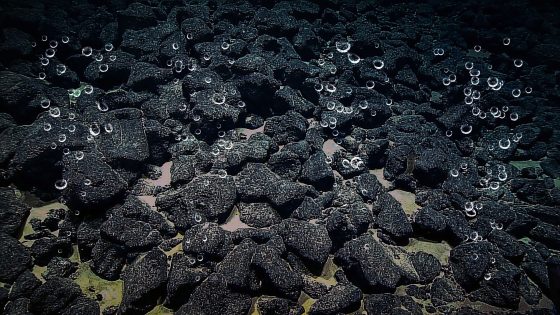Our Solar System is on a fascinating journey through the Milky Way, moving at about 200 kilometers per second. Have you ever wondered how this journey impacts Earth? Recent research reveals that around 14 million years ago, the Solar System passed through the Orion star-forming complex, influencing our planet’s climate and geological history.
- Solar System moves at 200 km/s in Milky Way.
- Passed through Orion complex 14 million years ago.
- Radcliffe Wave discovered in 2020; spans 9000 light-years.
- Increased interstellar dust impacted Earth's climate.
- Middle Miocene Disruption coincided with Solar System's passage.
- Future research will explore climate effects further.
How the Solar System’s Journey Affects Earth’s Climate and Geology
What if our cosmic journey shapes our planet’s climate? The Solar System’s passage through the Orion complex introduced more interstellar dust into our atmosphere, which researchers believe could have influenced Earth’s climate during the Middle Miocene Epoch. This period was marked by significant geological events, including the expansion of the Antarctic ice sheet.
The Radcliffe Wave: A Cosmic Influence on Earth
The Radcliffe Wave is a massive structure of gas and dust in the Milky Way, and its influence is profound. When our Solar System passed through this wave, it encountered a denser environment, allowing more interstellar dust to enter. This influx could have led to climate changes on Earth, coinciding with the Middle Miocene Disruption.
- The Radcliffe Wave stretches nearly 9,000 light-years long.
- It contains several star-forming regions, including the Orion complex.
- Interstellar dust from this wave may have impacted Earth’s climate.
- The passage occurred during a time of significant geological change on Earth.
Understanding the Middle Miocene Disruption Through Cosmic Events
The Middle Miocene Disruption was a crucial period marked by mass extinctions. Researchers suggest that the Solar System’s encounter with the Radcliffe Wave could be linked to these extinctions. As the Sun moved through this dense region, it may have affected Earth’s climate, leading to significant changes in both terrestrial and aquatic ecosystems.
Future Research and Its Implications for Climate Science
As scientists continue to explore the implications of the Solar System’s journey, future research may uncover more about how cosmic events influence Earth’s climate. The ongoing study of interstellar dust and its effects could provide insights into past climate transitions and their relevance to current climate change discussions.

































